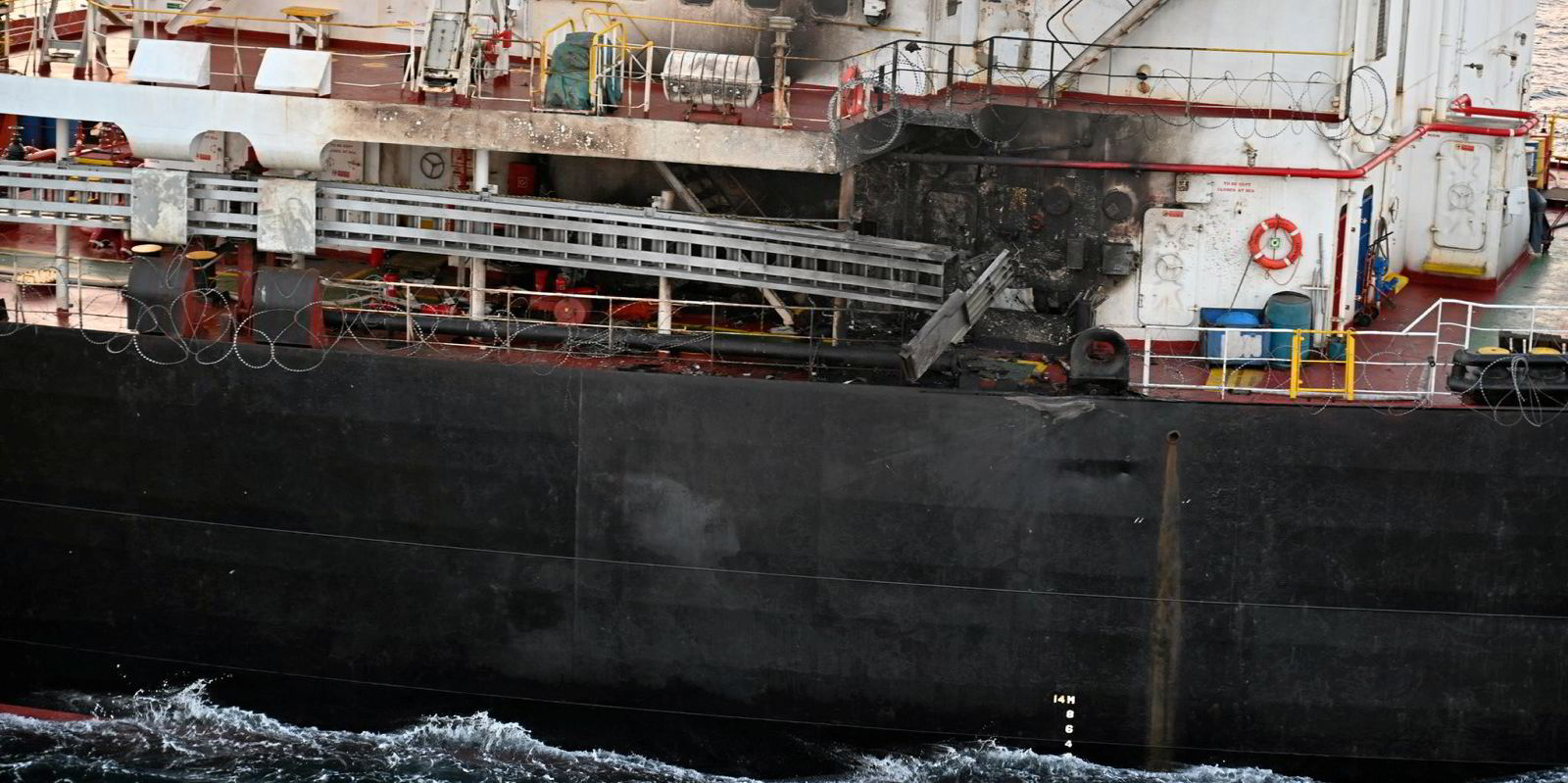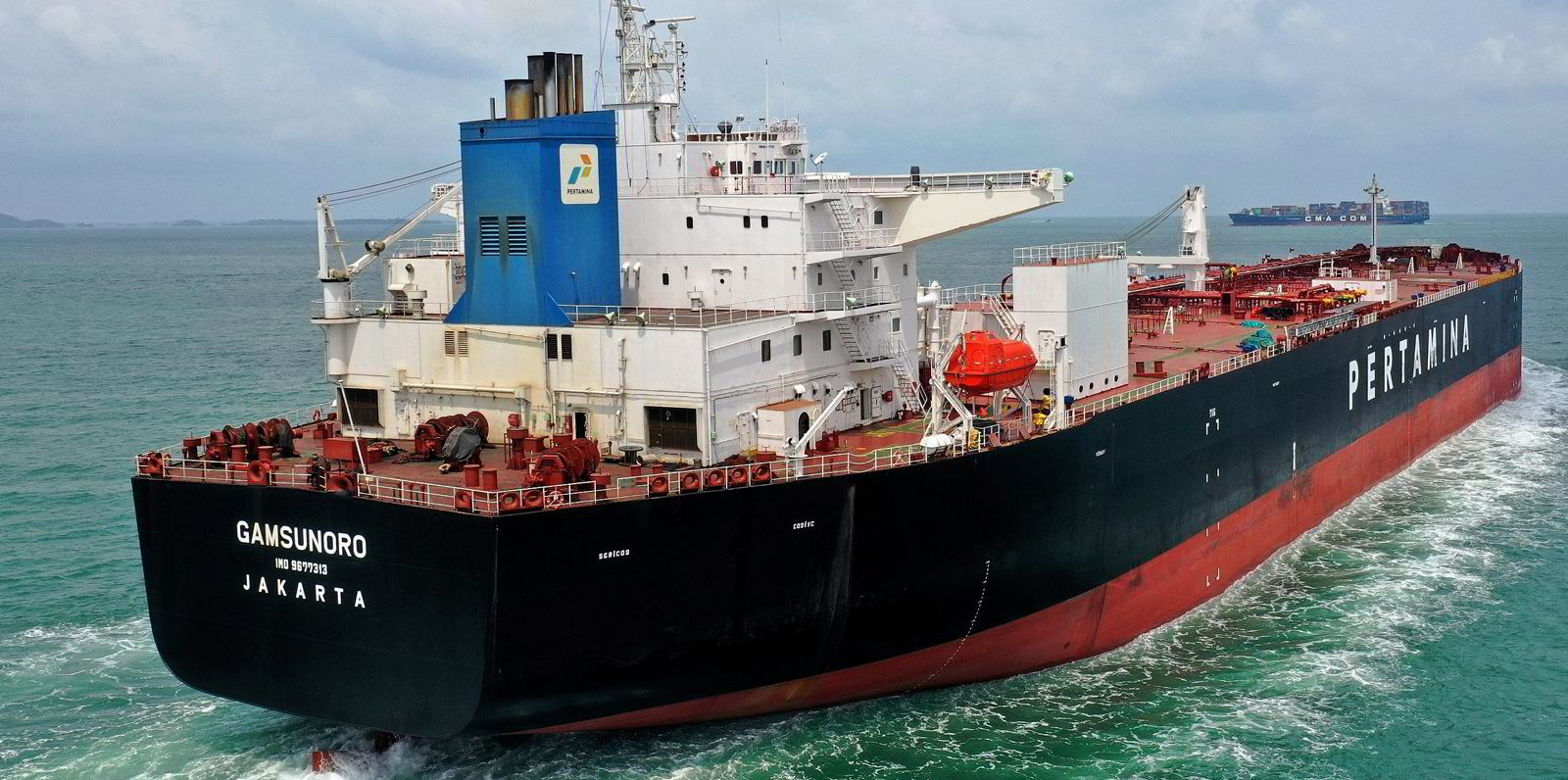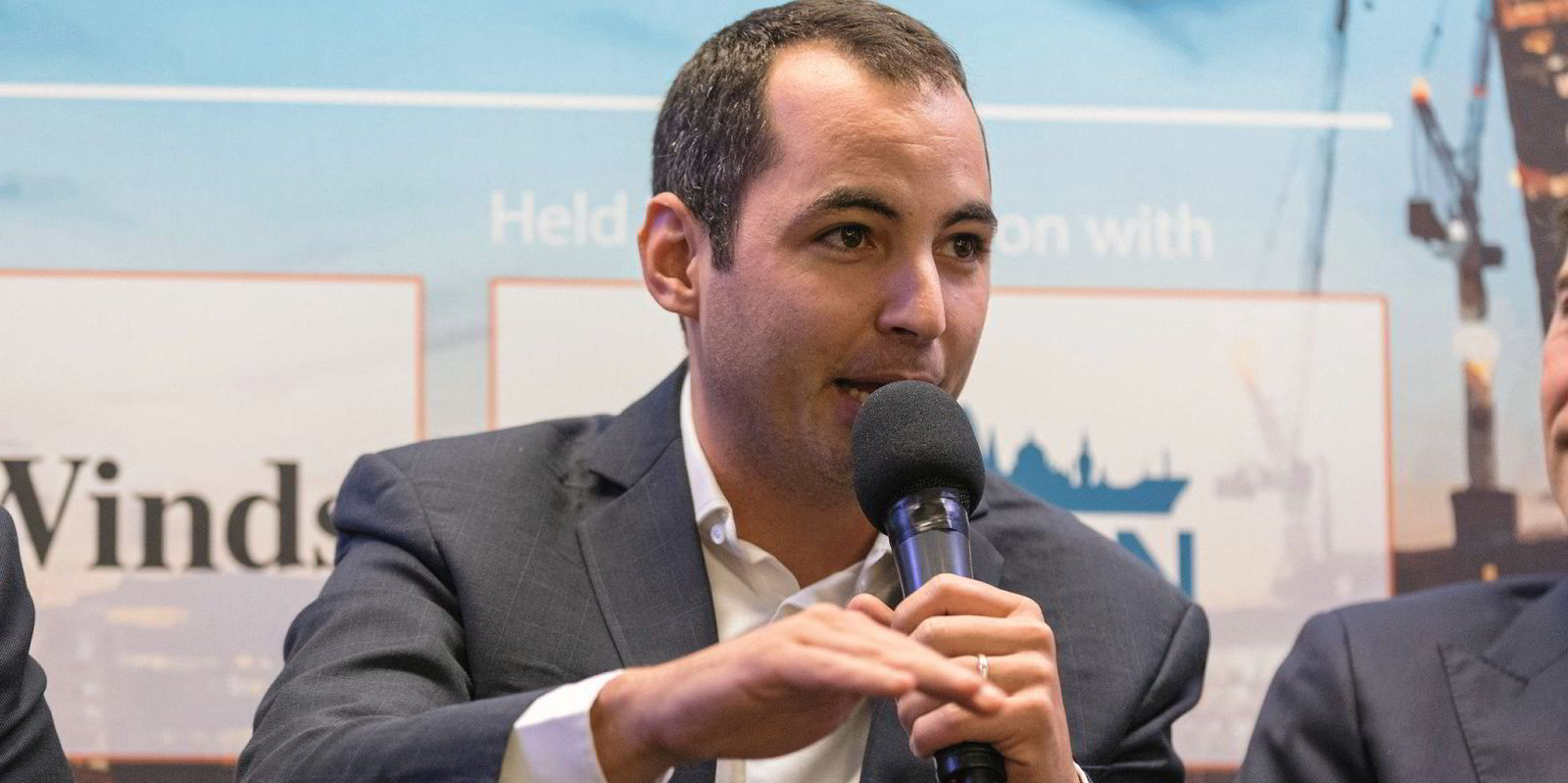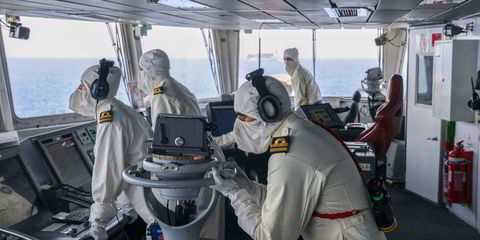Some insurers are seeking to exclude ships linked with US and UK interests after Yemeni-based Houthi rebels added the two countries to their target list.
Marsh’s global head of marine Marcus Baker said a few underwriters are reviewing ships with US and UK links in their Red Sea war risk policies, although he told TradeWinds the move is not comprehensive with cover still available in the commercial market.
Ships from the UK and US were added to the list of Houthi targets following air strikes against their bases in Yemen, from which attacks on shipping have been launched.
Three ships controlled by US-listed companies have come under attack in the last week.
However, some suggest there is little sign of the exclusions taking hold.
There have been questions raised in the insurance market about whether it is reasonable for insurers to adopt such clauses.
Some underwriters have concluded that all shipping in the region faces a similar risk of attack.
Houthi rebels intelligence has proven suspect in recent weeks and ships with no connection with Israel, the UK and US have been targeted.
These included an attack this week on a Greek-controlled, 56,900 dwt bulker Zografia (built 2010).
Others suggest that mainstream Lloyd’s of London underwriters should not be refusing cover.
One said it is “inconceivable” that Lloyd’s of London syndicates would decline to cover UK ships.
Withdrawing cover because the risk is too high seemed inappropriate for war risk underwriters, suggested one London market source, when it is exactly this type of threat they are in business to cover.
“That is what they are here for,” he said.
Mutual war risk insurance providers are also more obliged to provide cover for all their members.
Escalating war risk rates on top of what is already in place are encouraging some shipowners to divert away from the Red Sea and take the longer route around the Cape of Good Hope.
Gross premium of up to 1% of hull values is being quoted in the market for the high-risk area, although the net some paid is often considerably lower after the discounts, deductibles and limits are applied.
Alongside the increased insurance premiums, shipowners are faced with the necessity of doubling crew pay in high-risk zones, and some are opting to enlist private security guards. With the additional factor of the Suez Canal toll for certain ships, diverting routes becomes a financially prudent decision.







